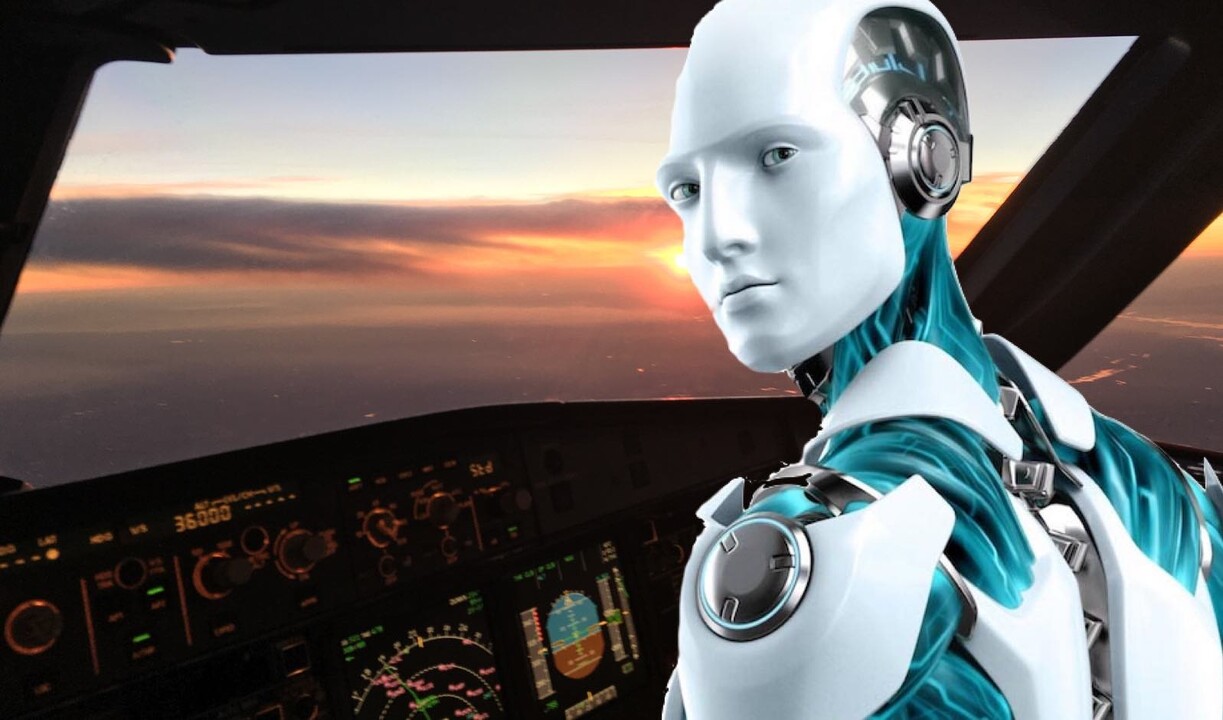Artificial Intelligence in Aerospace: Soaring into the Future
Artificial intelligence (AI) is rapidly transforming the aerospace industry, from design and manufacturing to operations and maintenance. This powerful technology is enabling significant advancements in several key areas:
1. Design and Development:
- AI-powered design tools: These tools optimize aircraft structures, improve fuel efficiency, and reduce noise generation. For example, Airbus uses AI to generate thousands of wing designs in a matter of hours, significantly reducing design time and costs.
- Predictive maintenance: AI algorithms analyze sensor data from aircraft components to predict potential failures before they occur. This allows for proactive maintenance, preventing costly downtime and safety risks.
- Automated manufacturing:
AI-powered robots perform complex tasks in aircraft manufacturing, such as
welding and assembly, with high precision and consistency. This improves
production efficiency and reduces human error.
2. Operations and Management:
- Air traffic management: AI algorithms optimize air traffic flow, reducing congestion and delays. This leads to more efficient use of airspace and shorter travel times for passengers.
- Autonomous flight: AI systems are being developed to enable autonomous piloting of aircraft, particularly for drones and cargo planes. This could significantly reduce pilot workload and improve safety.
- Remote diagnostics: AI can analyze data from in-flight aircraft to identify potential problems and provide real-time diagnostics to ground crew. This allows for faster troubleshooting and resolution of issues.
3. Space Exploration:
- Mission planning and control: AI algorithms are used to optimize spacecraft trajectories, manage fuel consumption, and predict potential risks. This enables more efficient and safer space missions.
- Robotic exploration: AI-powered robots can be deployed to explore harsh environments in space, such as the surface of Mars or the moon. These robots can collect data, perform experiments, and even assist astronauts.
- Data analysis and discovery:
AI can analyze vast amounts of data collected from space exploration
missions to identify patterns, make discoveries, and predict future
events.
 |
| Artificial Intelligence in Aerospace: Soaring into the Future |
Benefits of AI in Aerospace:
- Improved Efficiency: AI optimizes processes, reduces waste, and improves overall efficiency across the aerospace industry.
- Enhanced Safety: AI can predict and prevent accidents, leading to a safer environment for passengers, pilots, and ground crew.
- Reduced Costs: By automating tasks and optimizing operations, AI can significantly reduce costs for airlines, manufacturers, and space agencies.
- New Opportunities: AI opens up new possibilities for exploration, research, and innovation in the aerospace industry.
Challenges and Considerations:
- Ethical concerns: There are ethical concerns surrounding the use of AI in autonomous systems, such as the potential for bias and the need for human oversight.
- Data privacy: The collection and analysis of vast amounts of data raises concerns about privacy and security.
- Regulation: Clear regulations and standards need to be established for the use of AI in critical systems like aircraft and spacecraft.
Overall, AI has the potential to revolutionize the aerospace industry, leading to a more efficient, safer, and sustainable future for air travel and space exploration. By addressing the challenges and ensuring responsible development and implementation, AI can become a powerful tool for advancing the aerospace industry to new heights.

